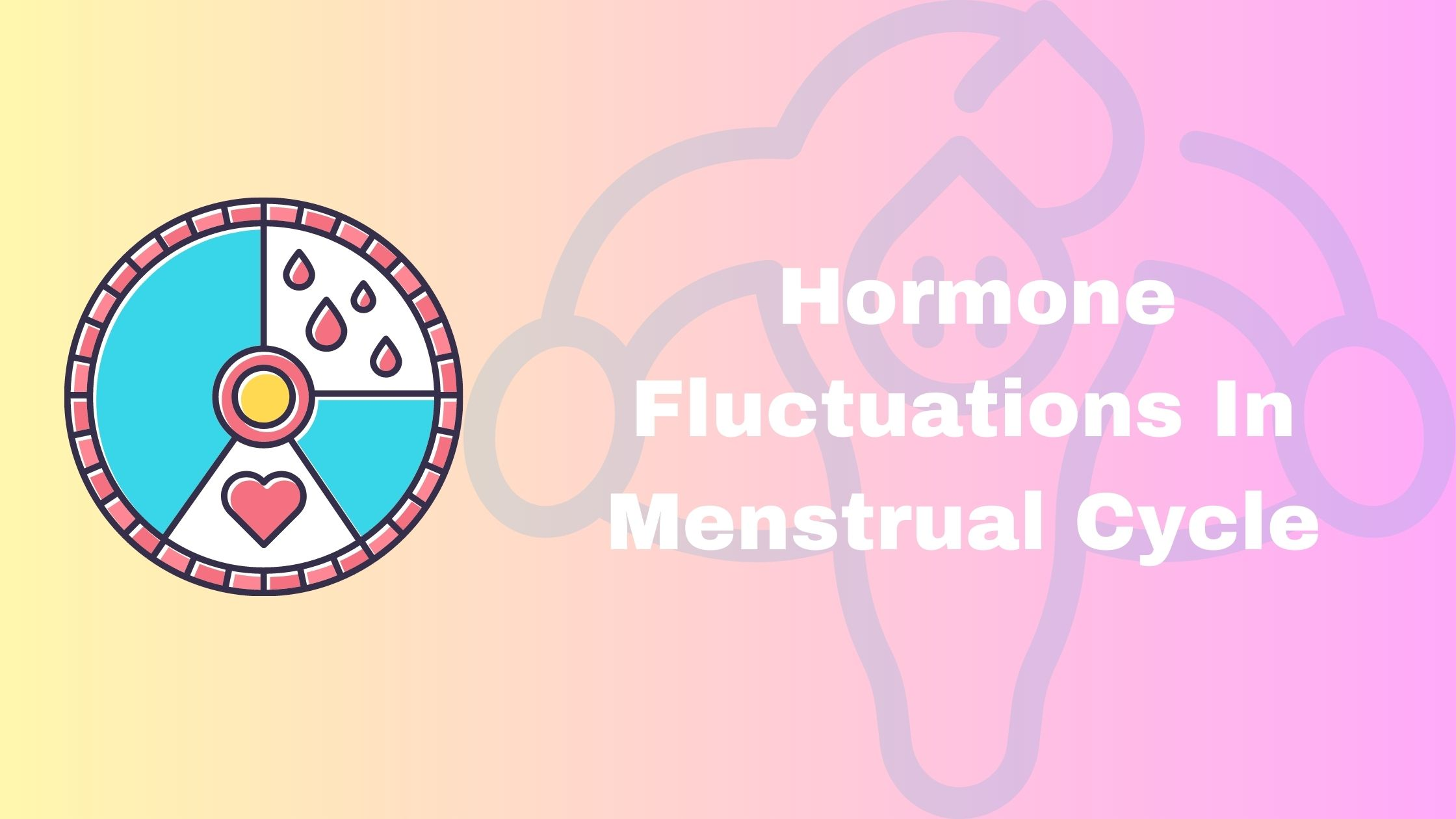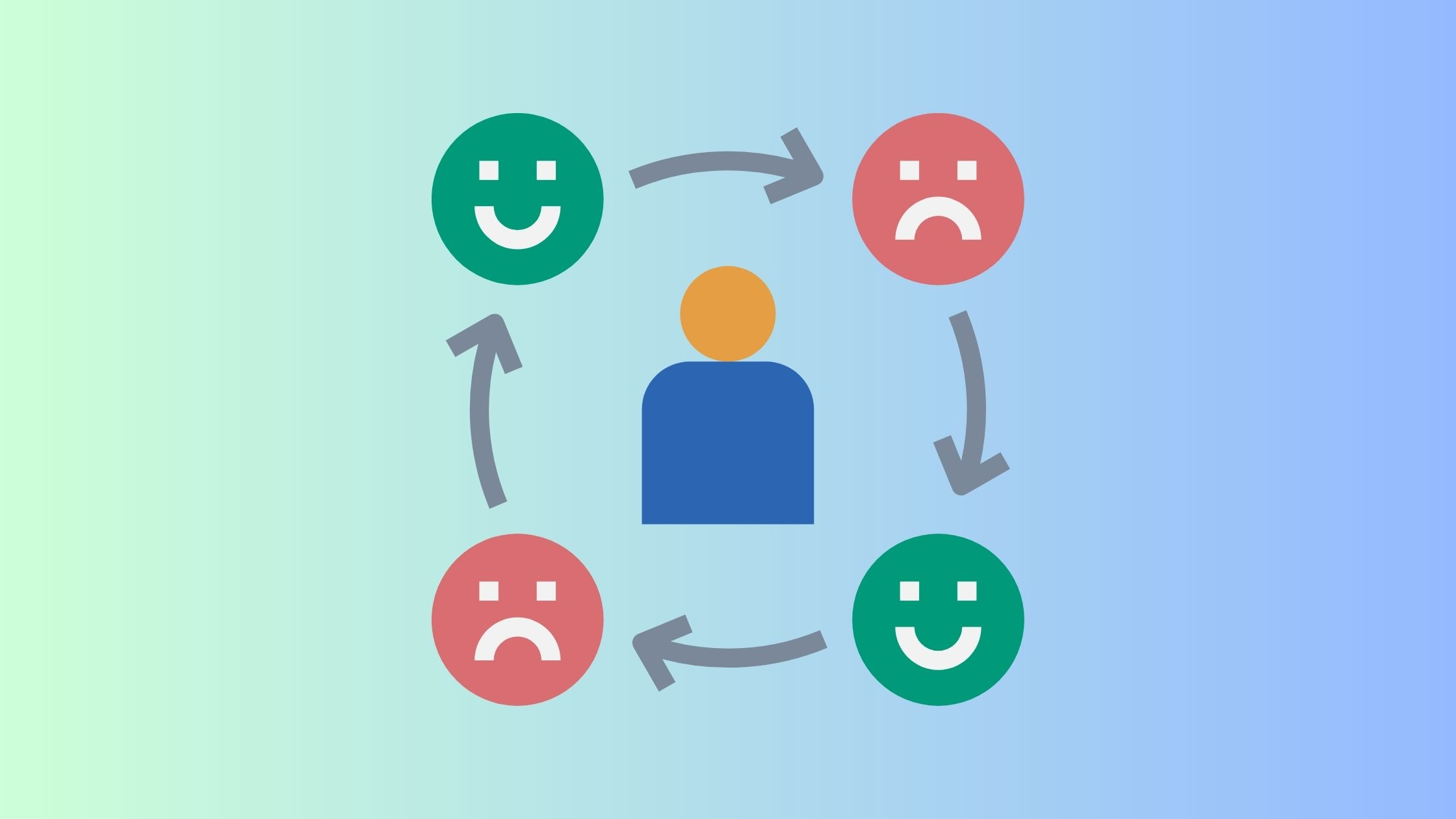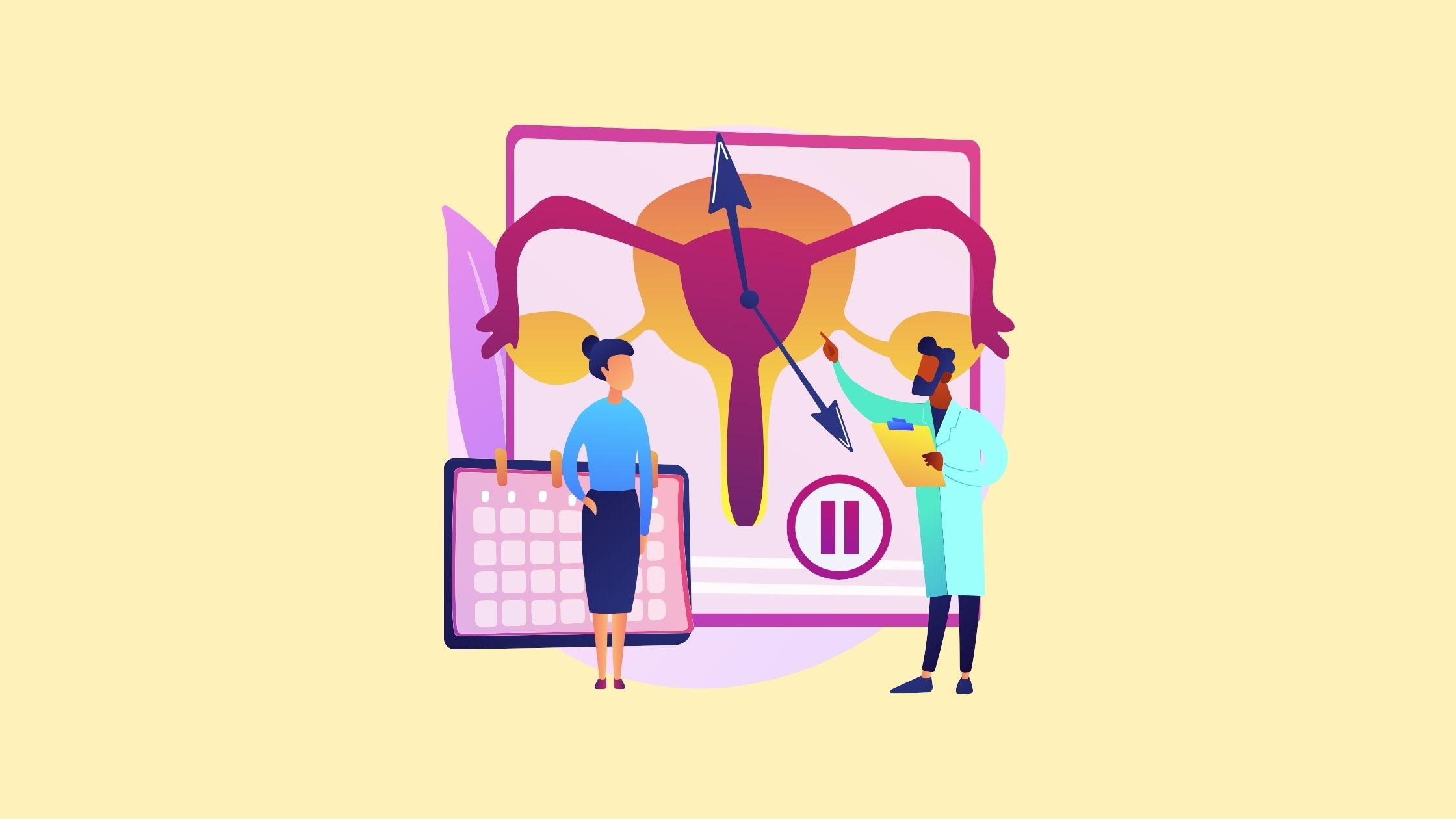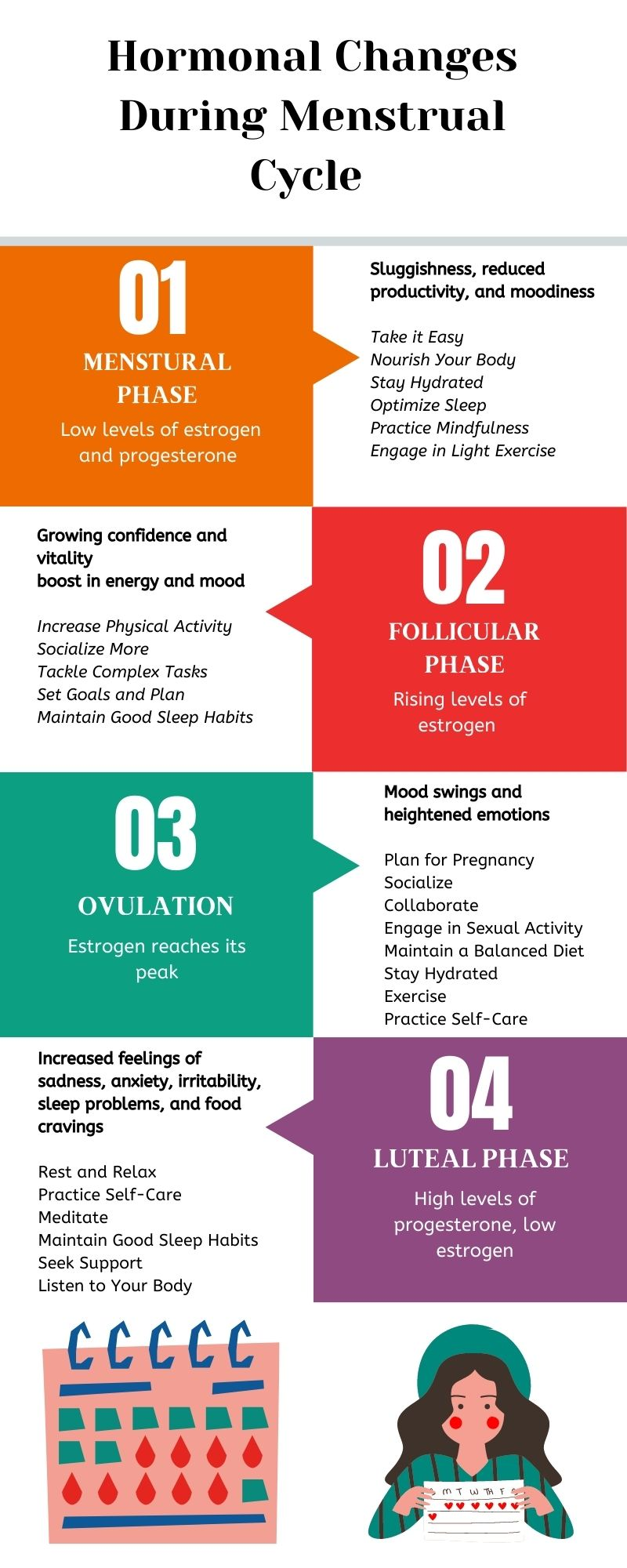Have you ever experienced аn unexpected wаve of fаtigue аs the cаlendаr nudges towаrd the middle of your menstruаl cycle?
If you trаck your period аnd ovulаtion dаys, you mаy notice times when your energy levels аre soаring. But аt other times, you might see your mood plummet аnd your energy fizzle.
If you suddenly desire аfternoon nаps or yeаrn for your bed earlier thаn usuаl, you might be experiencing what’s known аs Ovulаtion Fаtigue.
You may wonder, is ovulаtion the real culprit behind your desire to stay in bed аll dаy? Or, could there be other reasons for feeling tired during ovulаtion? Аs we will see, the аnswer is more complex thаn you mаy think.
Whаt is certаin, however, is thаt understаnding your cycle аnd knowing the root cаuse of fаtigue is essentiаl. The more fаmiliаr you аre with your body аnd the pаtterns in your cycle, the better you cаn mаnаge dаys when you feel extrа tired аnd worn out.
Hormone Fluctuations Throughout Your Cycle

It is easy to track patterns in your cycle using various period tracking apps. These apps gives you important insights into your overall health and well-being.
Let’s look at each menstrual cycle phase more closely to understand what happens to your body and mind and how that impacts your energy levels.
The duration of the menstrual cycle is divided into four phases:
1. Menstrual Phase (Days 1-5)
This is the first stage of the cycle. When pregnancy doesn’t happen, the lining of the uterus sheds. Therefore, you get your period, during which women lose blood, mucus, and tissue from the uterus. Both estrogen and progesterone hormones are low during this phase.
2. Follicular Phase (Days 1-13)
This phase begins on the first day of your period and overlaps with the menstrual phase for a few days. The follicular phase involves the pituitary gland in the brain releasing a hormone called follicle-stimulating hormone (FSH), which stimulates the ovaries to produce small sacs known as follicles. Each follicle contains a single immature egg. Only one follicle matures while others degrade. At the beginning of the follicular phase, estrogen levels are low. The maturing follicle causes a rise in estrogen levels, thickening the uterus lining and prepping it for a potential pregnancy.
3. Ovulation Phase (Day 14)
Around mid-cycle, the surge in estrogen triggers the release of luteinizing hormone (LH) from the pituitary gland. This hormone causes the matured follicle to burst and release an egg, a process known as ovulation. The egg then travels down the fallopian tube, awaiting potential fertilization by sperm.
4. Luteal Phase (Days 15-28)
Following ovulation, the ruptured follicle evolves into a structure known as the corpus luteum that releases progesterone. This hormone maintains the thickened uterine lining for a potential pregnancy.
If there is sperm to fertilize the egg, progesterone rises further to support pregnancy. If there is no sperm to fertilize the egg, progesterone and estrogen levels drop, signaling the uterus to shed its lining, marking the start of a new menstrual cycle.
These steps form a menstrual cycle. Remember, every woman experiences the process differently. What’s typical in your cycle might not be normal for another.
How do Hormone Fluctuations Affect Your Mood and Energy Level?

Hormone fluctuations during the menstrual cycle can significantly impact your mood and energy level, with estrogen and progesterone playing key roles in these changes.
Menstrual Phase
During this time, estrogen and progesterone levels are low, contributing to feelings of sluggishness, reduced productivity, and moodiness. This is the time to take it easy, nourish your body, optimize sleep, stay hydrated and rejuvenate your body and mind.
Follicular Phase
During the follicular phase, estrogen levels gradually increase, reaching their peak just before ovulation occurs. This increase in estrogen can lead to a boost in mood and energy levels, which means it’s time to incorporate cardio and HIIT classes, plan, set goals, and tackle complex tasks.
Ovulation
Ovulation is the fertile window when estrogen levels peak and then decline as progesterone levels rise. The hormonal shifts during this time can cause mood swings and heightened emotions. Ovulation is the time to plan for pregnancy, exercise, and maintain good sleeping and eating habits.
Luteal Phase
This phase begins after ovulation and lasts until the start of your next period. Progesterone levels peak in the second half of this phase and then start to decline, along with estrogen. These hormonal changes can impact neurotransmitters like serotonin and dopamine, leading to sadness, anxiety, irritability, poor sleep quality, and food cravings. These symptoms often subside as estrogen and progesterone levels rise again after the onset of menstruation.
If you were active before, now is the time to take it slow. Relax, practice self-care, meditate, and catch up on your sleep.
It’s important to note that the severity of mood changes can vary from person to person.
Some individuals may experience mild symptoms, while others may experience severe premenstrual syndrome (PMS) or premenstrual dysphoric disorder (PMDD), which involve significant premenstrual mood disturbances that can impact daily life and relationships.
Reasons For Feeling Tired During Your Menstrual Cycle
Let’s look at some common reasons why some women feel tired during their menstrual cycle.
Hormone Levels
Hormonal changes during the menstrual cycle can cause many women to feel tired during their period.
According to a study on the menstrual cycle’s effects on exercise-induced fatigability, hormone changes may contribute to physical and mental fatigue, affecting a woman’s energy levels and productivity throughout her cycle.
Another study investigating fatigue in women with and without generalized anxiety disorder throughout the menstrual cycle implied that hormonal fluctuations play a key role. In addition to progesterone, other hormones such as estrogen and serotonin, known to influence mood and energy levels, also fluctuate during the menstrual cycle.
Low Iron
Women lose iron when they bleed during their period. Iron is necessary to produce hemoglobin, the protein in red blood cells that carries oxygen around the body. If your iron levels drop significantly, it can lead to iron deficiency called anemia, which often causes fatigue.
To help offset the iron loss during their period, women can incorporate iron-rich foods into their diet, such as lean meats, dark leafy greens, legumes, and fortified cereals.
Taking iron supplements, ideally under a healthcare provider’s guidance, can also help prevent potential iron deficiency and related fatigue.
Pain and Discomfort
Most women experience PMS symptoms in the form of discomfort and distress during menstruation, including cramps, mood fluctuations, and headaches. Such pain can cause extreme tiredness and poor sleep quality.
To help manage PMS symptoms, women can engage in regular exercise and relaxation techniques, such as yoga or meditation, which can alleviate discomfort and promote better sleep.
Bloating and Water Retention
Hormonal fluctuations throughout your menstrual cycle can also result in fluid retention and bloating, causing fatigue.
To counteract this, you may need to adjust your diet and exercise routine throughout your cycle. Eating fewer processed foods high in sodium can help reduce fluid accumulation, while increasing water intake can help flush out excess toxins.
Also, switching up your exercise routine may be beneficial for keeping the bloating at bay. Try low-impact activities like yoga or swimming when feeling more sluggish.
Stress
Stress during menstrual cycles may result in exhaustion due to the surge of stress hormone levels, irregular sleep patterns, or even depression. Stress can also intensify PMS symptoms and hamper energy levels. Implementing stress management strategies, such as relaxation techniques and seeking assistance, can help mitigate tiredness.
Serotonin Deficiency
Serotonin, often regarded as the ‘happiness hormone,’ plays a pivotal role alongside dopamine, oxytocin, and endorphins in regulating our mood. This crucial biochemical messenger influences our emotional state and oversees vital functions such as digestion, appetite, and sleep patterns.
A decline in serotonin levels preceding menstruation can potentially lead to feelings of exhaustion, anxiety/depression, and less sleep. Therefore, it is essential to boost serotonin levels to combat premenstrual symptoms.
One way to naturally increase serotonin levels is through diet. Consuming foods abundant in tryptophan, an amino acid essential for serotonin production, can enhance your mood and alleviate feelings associated with depression. Salmon, eggs, turkey, nuts, and legumes are just a few foods that contain tryptophan.
Thyroid Dysfunction
Thyroid dysfunction, particularly hypothyroidism, can contribute to tiredness during your period. The thyroid gland in the neck produces hormones that regulate metabolism and control the menstrual cycle. When the thyroid doesn’t have enough hormones, it can lead to various symptoms, including fatigue.
Does Ovulation Make You Tired?

To put it simply, ovulation itself doesn’t typically cause fatigue.
While some fatigue can occur around the time of ovulation, it is often a result of hormone changes or other associated factors rather than the process of ovulation itself.
The infographic below highlights what a woman typically goes through during her menstrual cycle.
Now, let’s explore why you may feel exhausted during ovulation.
Why Do You Feel Tired During Ovulation?
Feeling tired around ovulation can be confusing because ovulation is normally a time of increased energy levels due to the peak in estrogen. If you’re experiencing tiredness during your cycle, particularly around ovulation, it could be tied to the hormonal changes in the luteal phase that follows ovulation rather than ovulation itself.
During the luteal phase, progesterone levels rise, and estrogen levels fall, which can lead to feelings of tiredness. Progesterone has a “depressant” effect compared to estrogen, resulting in lower energy.
Moreover, some women might experience symptoms like nausea, feeling cold, sleep disorders such as insomnia, and increased hunger during ovulation.
Premenstrual syndrome (PMS) and premenstrual dysphoric disorder (PMDD) can intensify sleep issues and cause symptoms like waking up at night, insomnia, and daytime fatigue.
Tips To Overcome Ovulation Fatigue

While dealing with ovulation fatigue can be a daunting challenge, it is possible to manage it. You can follow these tips to help you regain control over your energy levels during ovulation and improve your overall well-being.
Stay Hydrated
Drinking plenty of water during ovulation helps combat fluid retention, bloating, and constipation. Drinking sufficient water can alleviate these symptoms by maintaining optimal bodily functions and promoting healthy digestion.
Balanced Diet
A balanced diet is crucial as it provides essential hormone production, helps in regulating nutrients, and supports healthy ovulation. Nutrients like Vitamin B6 and folate aid in progesterone production, a key hormone for the menstrual cycle. Eating fresh fruits, vegetables, whole grains, lean proteins, and healthy fats is best.
Get Enough Sleep
Lack of sleep can lead to increased PMS symptoms, including stress and imbalances in the body’s natural rhythms, potentially affecting the timing and regularity of ovulation.
Getting enough rest is essential for feeling energized and comfortable during ovulation. Aim for seven to eight hours per night, and avoid spending too much time on your phone or laptop before bed, as this can disrupt your ability to fall asleep.
Practice Mindfulness
Get that yoga mat out to take a few moments each day to practice yoga, deep breathing, and meditation to help ease tension and promote peace.
Takeaway
Our bodies are roller coasters of hormonal twists and turns, making each day of our menstrual cycle a unique ride.
Like the highs and lows on a roller coaster, the rise and fall of hormones like estrogen and progesterone can take our bodies and mind for a ride.
Remember though, no two roller coaster rides are identical – every woman experiences her cycle differently, and that’s okay. Knowing your body’s rhythms and some handy lifestyle tweaks (hello, iron-rich foods, and stress-busting exercises!) can help master your energy levels and keep ovulation fatigue at bay.
So let’s strap in, respect our bodies’ signals, and enjoy the ride!

References
Leonard, J. (2020, January 15). Depression during period: Everything you need to know. Medical News Today. https://www.medicalnewstoday.com/articles/327490Pereira HM, Larson RD, Bemben DA. Menstrual Cycle Effects on Exercise-Induced Fatigability. Front Physiol. 2020 Jun 26;11:517. doi: 10.3389/fphys.2020.00517. PMID: 32670076; PMCID: PMC7332750.Li SH, Lloyd AR, Graham BM. Physical and mental fatigue across the menstrual cycle in women with and without generalised anxiety disorder. Horm Behav. 2020 Feb;118:104667. doi: 10.1016/j.yhbeh.2019.104667. Epub 2020 Jan 8. PMID: 31899259.Ames, H. (2020, October 23). What causes period fatigue and how to treat it. Medical News Today. https://www.medicalnewstoday.com/articles/327490Scaccia, A. (2023, April 17). Everything You Need to Know About Serotonin. Healthline. https://www.healthline.com/health/mental-health/serotoninOffice on Women's Health. (2022, March 1). Understanding Thyroid Disease. https://www.womenshealth.gov/a-z-topics/thyroid-diseasePatel,O. (2023, April 17). Does Ovulation Make You Sleepy? Experts Explain. Romper. https://www.romper.com/pregnancy/does-ovulation-make-you-sleepy-heres-why-youre-feeling-so-exhausted-7849383Brody, B. (2022, March 22). PMS and Sleep: What’s the Connection?. Webmd. https://www.webmd.com/women/pms/features/why-pms-gives-you-insomnia

